On-Page vs Off-Page SEO: A Beginner’s Guide
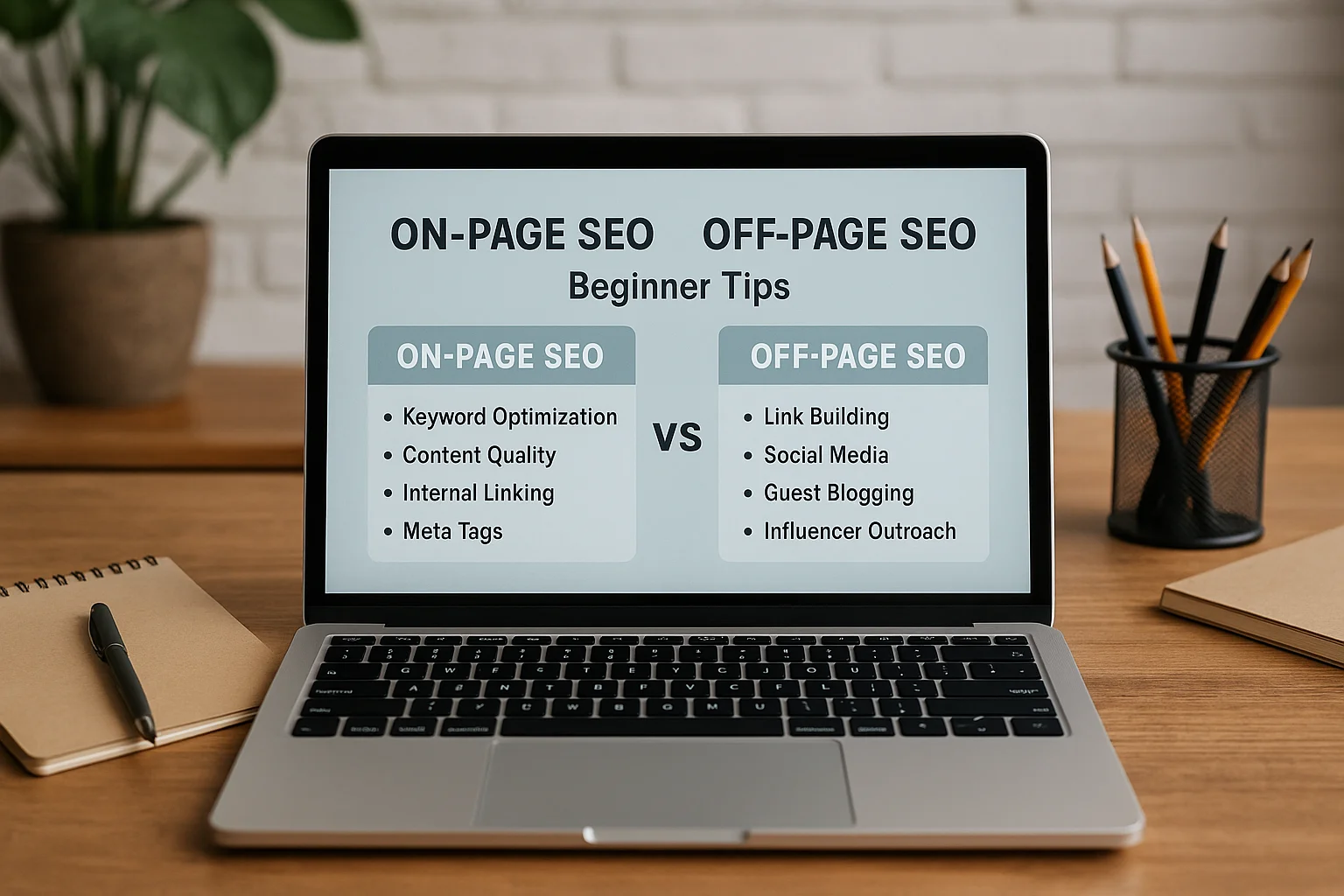
What is On-Page SEO?
On-Page SEO refers to the optimization strategies applied directly on your website to improve its visibility and ranking in search engine results. It involves both content and technical elements that make your website more understandable and valuable for users and search engines.
Key Elements of On-Page SEO
Title Tags: These are the clickable headlines that appear in search results. Crafting unique and keyword-rich title tags helps search engines understand the main topic of each page.
Meta Descriptions: This brief summary appears below the title in search results. A compelling meta description can increase click-through rates and give users a clear idea of what the page is about.
Headers (H2, H3, etc.): Proper use of headers organizes content into sections, making it easier for both users and search engines to navigate. Including relevant keywords in headers can also improve SEO.
URL Structure: Clean, descriptive URLs with relevant keywords help search engines index pages efficiently and improve user experience. Avoid long, complex URLs with unnecessary characters.
Content Quality: High-quality, original content that satisfies user intent is essential. This includes thorough explanations, relevant examples, and well-structured paragraphs. Content should naturally incorporate targeted keywords without overstuffing.
Internal Linking: Linking to other pages within your website helps distribute authority and guides users to related content. Effective internal linking improves crawling efficiency and enhances the overall SEO value of your site.
Technical Aspects of On-Page SEO
Page Speed: Fast-loading pages are favored by search engines and improve user experience. Optimizing images, leveraging browser caching, and minimizing code can significantly increase page speed.
Mobile-Friendliness: With the majority of web traffic coming from mobile devices, responsive design is critical. Ensuring your site displays correctly on all screen sizes is a key ranking factor.
Schema Markup: Adding structured data helps search engines understand your content better and can enhance search results with rich snippets.
Image Optimization: Using descriptive file names, alt attributes, and appropriate compression helps both SEO and accessibility. Search engines cannot “see” images, so textual descriptions are crucial.
Secure Website (HTTPS): Having an SSL certificate not only protects users but is also considered a trust signal by search engines.
By focusing on these elements, On-Page SEO ensures your website communicates clearly with search engines while providing a smooth, valuable experience for visitors.
What is Off-Page SEO?
Off-Page SEO encompasses all the actions taken outside your website to improve its authority, trustworthiness, and ranking in search engine results. Unlike On-Page SEO, it focuses on building signals that indicate your site’s credibility to search engines.
Key Elements of Off-Page SEO
Backlinks: High-quality backlinks from reputable websites are one of the most important factors in Off-Page SEO. A natural and relevant backlink profile signals to search engines that your content is valuable and trustworthy.
Social Signals: Engagement on social media platforms, such as likes, shares, and comments, can indirectly influence SEO. While social signals are not a direct ranking factor, they increase visibility and can lead to more backlinks.
Brand Mentions: Even without a link, mentions of your brand on other websites, forums, or news articles help establish authority and credibility in your niche.
Influencer Outreach: Collaborating with industry influencers to promote content or products can result in high-quality backlinks and wider exposure. This builds both trust and traffic to your site.
Guest Blogging: Writing valuable content for other reputable sites not only helps acquire backlinks but also positions you as an expert in your field.
Additional Off-Page SEO Strategies
Forum and Community Participation: Actively contributing to relevant online communities and discussion boards increases brand visibility and can generate traffic to your website. Ensure contributions are informative and not overly promotional.
Local SEO Signals: For businesses with a physical presence, maintaining accurate listings on Google My Business, online directories, and review platforms improves local search rankings.
Content Promotion: Sharing valuable content through newsletters, social platforms, or partnerships encourages natural backlinks and engagement, enhancing your website’s authority.
Monitoring and Disavowing Toxic Links: Not all backlinks are beneficial. Identifying spammy or low-quality links and using tools to disavow them protects your website’s reputation and search ranking.
By actively managing these off-site factors, Off-Page SEO helps search engines recognize your website as credible, authoritative, and relevant within its niche, which can significantly influence overall ranking potential.
On-Page vs Off-Page SEO: The Core Differences
Understanding the differences between On-Page and Off-Page SEO helps you create a balanced strategy that targets both immediate improvements on your website and long-term authority building across the web. While both are essential for ranking, their approaches, control, and effects differ significantly.
| Aspect | On-Page SEO | Off-Page SEO |
|---|---|---|
| Definition | Optimization of content, structure, and technical elements within your website to improve visibility and user experience. | Actions taken outside your website to enhance authority, credibility, and trust in the eyes of search engines. |
| Control | Fully controlled by the website owner or content manager. | Partially controlled; relies on external sites, backlinks, and online mentions. |
| Key Components | Title tags, meta descriptions, headers, URL structure, content quality, internal linking, page speed, mobile-friendliness. | Backlinks, social signals, brand mentions, influencer outreach, guest blogging, content promotion, online community participation. |
| Time to See Results | Often quicker; improvements can be noticed within weeks after implementation. | Usually slower; authority and ranking benefits can take months to accumulate. |
| Impact on SEO | Directly affects how search engines understand and index your pages, improving relevance and user experience. | Influences your website’s perceived authority and trustworthiness, which indirectly boosts ranking potential. |
| Examples | Optimizing blog posts, using descriptive headers, improving internal linking, speeding up page load. | Getting mentions from authoritative blogs, sharing content through social platforms, collaborating with influencers. |
By comparing these aspects, it becomes clear that On-Page SEO focuses on optimizing what you can control within your site, while Off-Page SEO builds external signals that support your site's credibility and reach. Both are necessary for a comprehensive SEO strategy.
How On-Page and Off-Page SEO Work Together
On-Page and Off-Page SEO are often viewed as separate strategies, but their effectiveness is amplified when used in combination. When your website is well-optimized internally, it provides a solid foundation that makes external efforts more impactful.
Enhancing Credibility and Authority
High-quality On-Page SEO ensures that your content is informative, well-structured, and easy to navigate. This makes your site more attractive to other websites, increasing the likelihood of earning natural backlinks, which are a critical component of Off-Page SEO.
Boosting Search Engine Rankings
Search engines evaluate both relevance and authority. On-Page SEO demonstrates relevance by clearly signaling what your pages are about through content, headers, and technical elements. Off-Page SEO reinforces authority by showing that other reputable websites trust your content. Together, they create a strong signal for higher rankings.
Driving Organic Traffic
Optimized content not only ranks better but also engages users more effectively. When combined with Off-Page SEO strategies such as social media sharing, influencer promotion, and guest posts, your content reaches a wider audience, generating more clicks and potential conversions.
Building Long-Term SEO Value
On-Page SEO ensures that your website remains technically sound and user-friendly, while Off-Page SEO continuously builds external validation. This synergy results in a sustainable increase in search visibility, as search engines favor sites that are both credible externally and optimized internally.
Examples of Integration
For instance, a blog post that is thoroughly optimized with targeted keywords, internal links, and clear headings (On-Page SEO) becomes a valuable resource that other websites are more likely to reference and link to (Off-Page SEO). Similarly, content promoted by influencers can attract new visitors who engage with the site, improving metrics such as dwell time and user interaction, which further supports On-Page SEO effectiveness.
By aligning On-Page and Off-Page efforts, websites can maximize both relevance and authority, creating a holistic SEO strategy that drives higher rankings, better user experience, and increased traffic over time.
Common Mistakes Beginners Make
Even with the best intentions, beginners often make errors that limit the effectiveness of their SEO strategies. Recognizing these pitfalls can help avoid wasted effort and ensure a stronger foundation for both On-Page and Off-Page SEO.
On-Page SEO Mistakes
Keyword Stuffing: Overloading content with keywords in an attempt to rank higher can backfire. Search engines now prioritize natural, contextually relevant language, and excessive keywords can harm readability and rankings.
Ignoring Mobile Optimization: Failing to ensure a responsive design can severely affect user experience and search rankings. Mobile users make up the majority of web traffic, and search engines use mobile-first indexing.
Poor Internal Linking: Many beginners neglect internal links or link inconsistently. Effective internal linking guides visitors through related content and helps search engines understand site structure.
Thin or Duplicate Content: Content that is too short or duplicated from other pages provides little value to users and is penalized by search engines. Each page should offer unique insights and comprehensive information.
Off-Page SEO Mistakes
Buying Links: Purchasing backlinks from low-quality or irrelevant websites can harm your site's authority and may result in penalties. Focus on earning natural links from reputable sources instead.
Ignoring Brand Mentions: Beginners sometimes fail to monitor or leverage online mentions of their brand. Even unlinked mentions can contribute to authority if acknowledged and nurtured.
Neglecting Social Engagement: Off-Page SEO is not just about links. Many beginners overlook the value of social media sharing and community interaction, which can amplify content reach and attract organic backlinks.
Lack of Consistency: SEO is an ongoing process. Sporadic efforts in Off-Page strategies like guest blogging, influencer outreach, or forum participation often fail to yield long-term results. Consistency and strategic planning are essential.
By avoiding these common mistakes, beginners can ensure their SEO efforts are more effective, sustainable, and aligned with search engine best practices, paving the way for stronger rankings and improved visibility over time.
Ready to showcase your project?
Join thousands of developers and entrepreneurs who have already listed their websites in our directory. Get discovered by potential users and grow your audience.
Free to list • Instant approval • No hidden fees
Related articles

How to Optimize Your Project Pages for Faster Google Indexing
Boost your project pages’ visibility by speeding up Google indexing. Learn actionable strategies from URL optimization to structured data, internal linking, and content tips for faster search engine recognition.
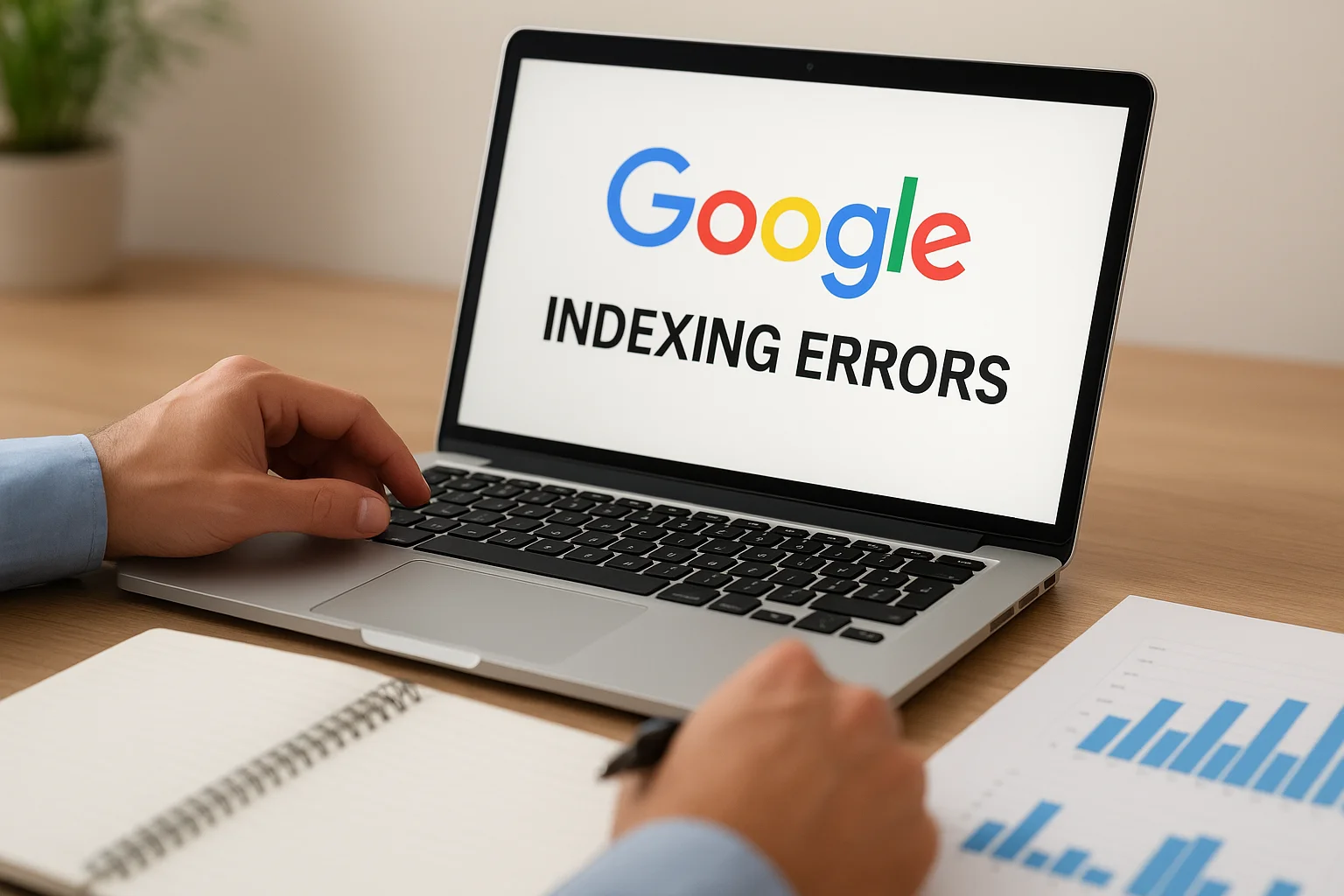
Quick Fixes for Google Indexing Errors
Struggling with Google indexing errors? This guide explores quick and practical fixes to help your pages appear in search results faster. Learn how to resolve common issues like “Crawled – Not Indexed,” blocked URLs, and duplicate content while ensuring your site remains fully optimized for long-term SEO success.

SEO Trends to Watch in 2025 for Startups
Discover the key SEO trends shaping 2025 and learn how startups can adapt to stay competitive. From AI-powered search and voice optimization to EEAT and zero-click results, this guide explores practical strategies to boost online visibility and long-term growth.
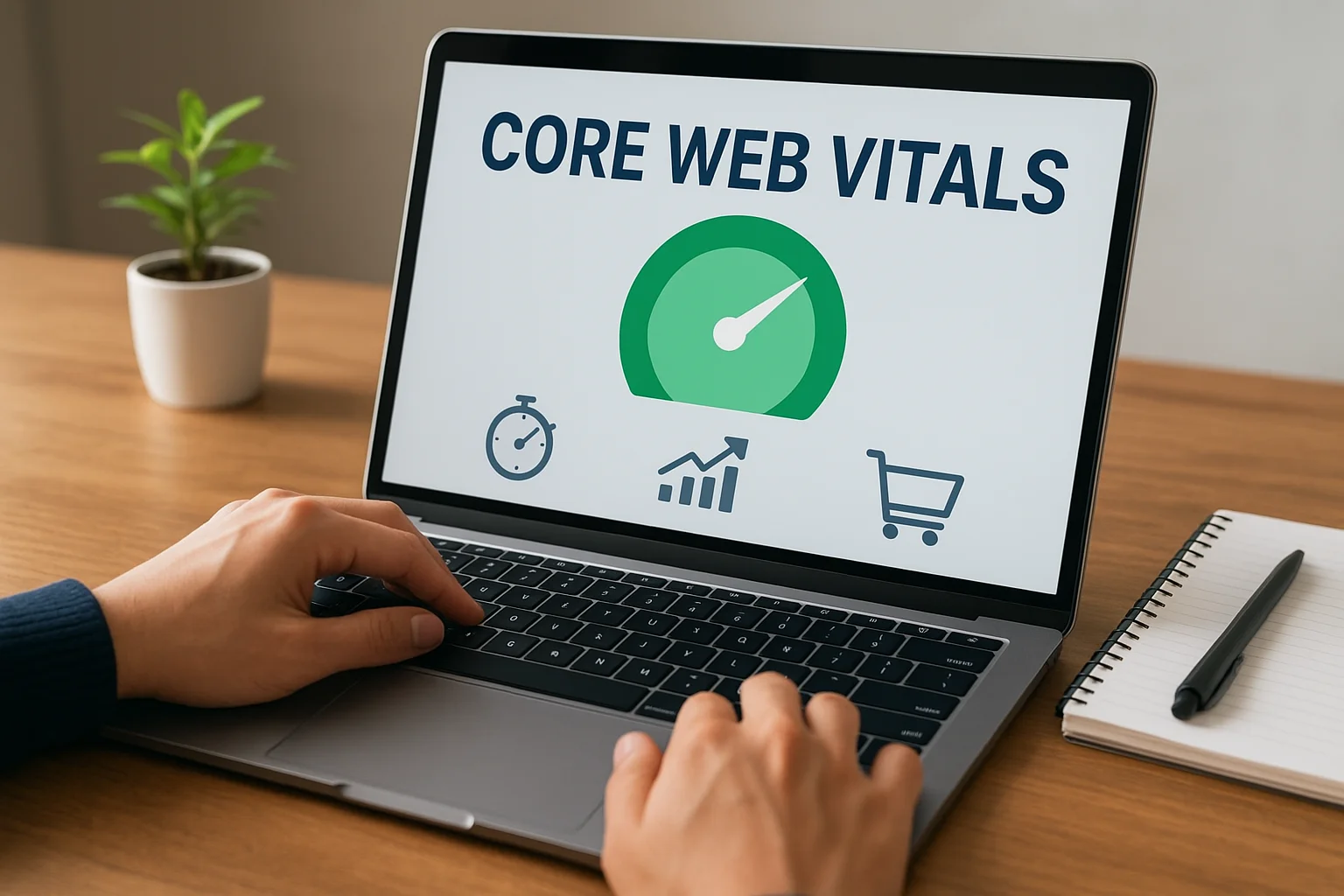
The Impact of Core Web Vitals on Rankings and Conversions
Core Web Vitals are key performance metrics that Google uses to measure user experience. They influence not only search engine rankings but also how visitors interact with your website. A fast, stable, and responsive site improves visibility, boosts engagement, and increases conversions. Understanding and optimizing these metrics is essential for businesses looking to grow online.
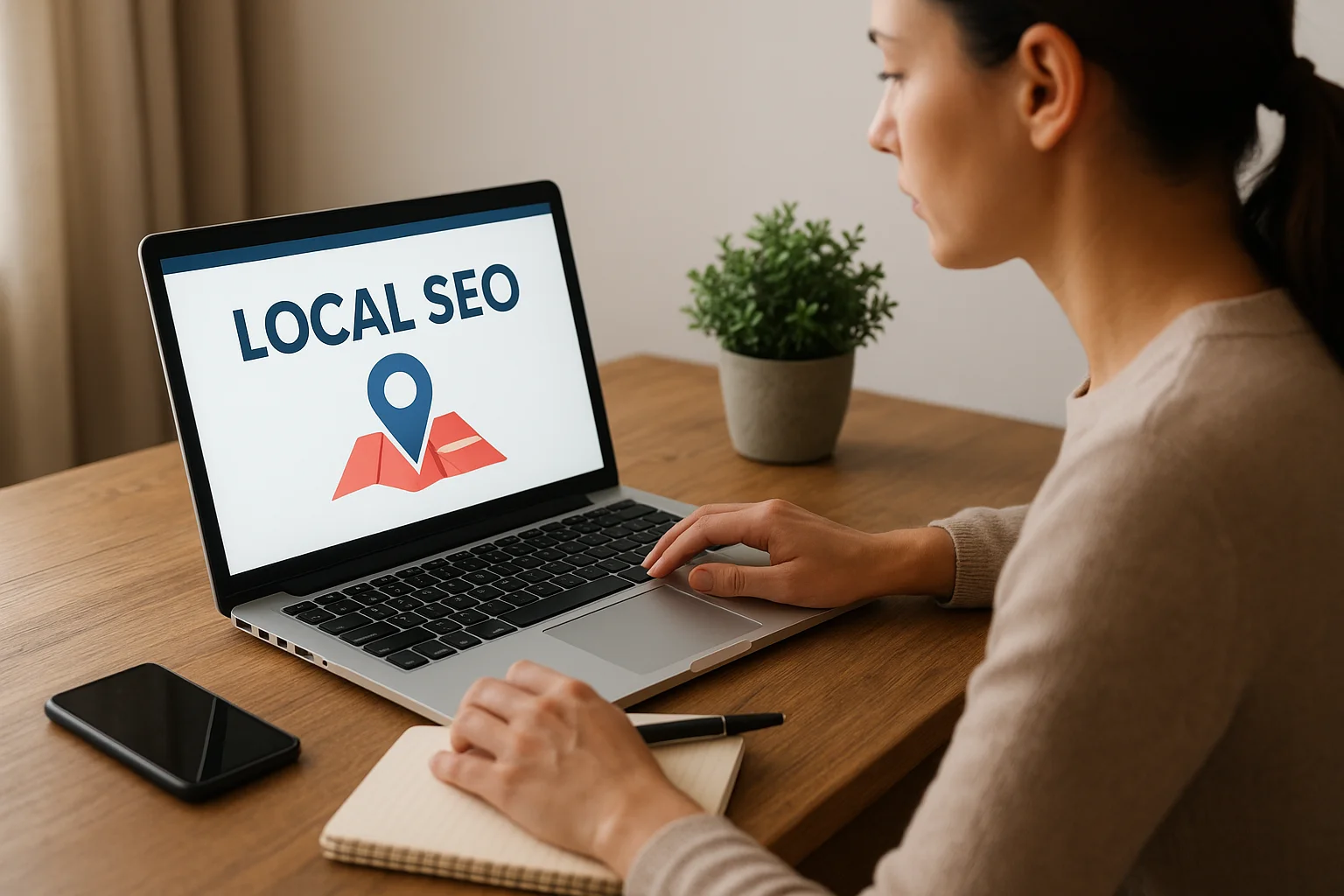
Local SEO for Small Projects: A Practical Guide
Local SEO is essential for small projects aiming to attract nearby customers. This guide covers practical strategies—from Google Business optimization and keyword research to managing reviews and local links—to help your business get noticed locally and grow effectively.
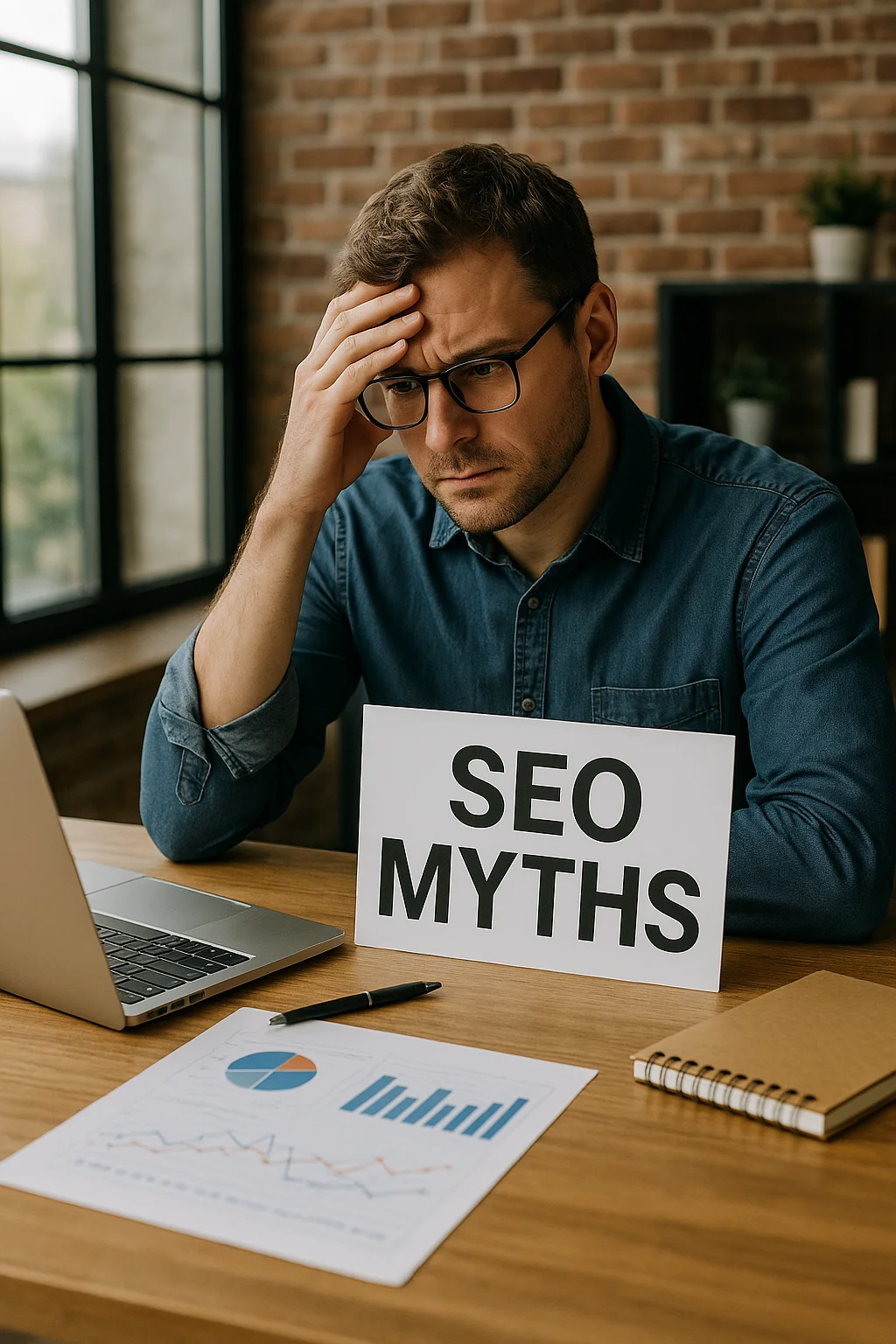
SEO Myths That Are Holding Back Your Project
Many businesses waste time on outdated SEO advice. From overvaluing keywords to chasing low-quality links, myths can stall your growth. This post debunks common SEO misconceptions and shows what strategies truly drive results.
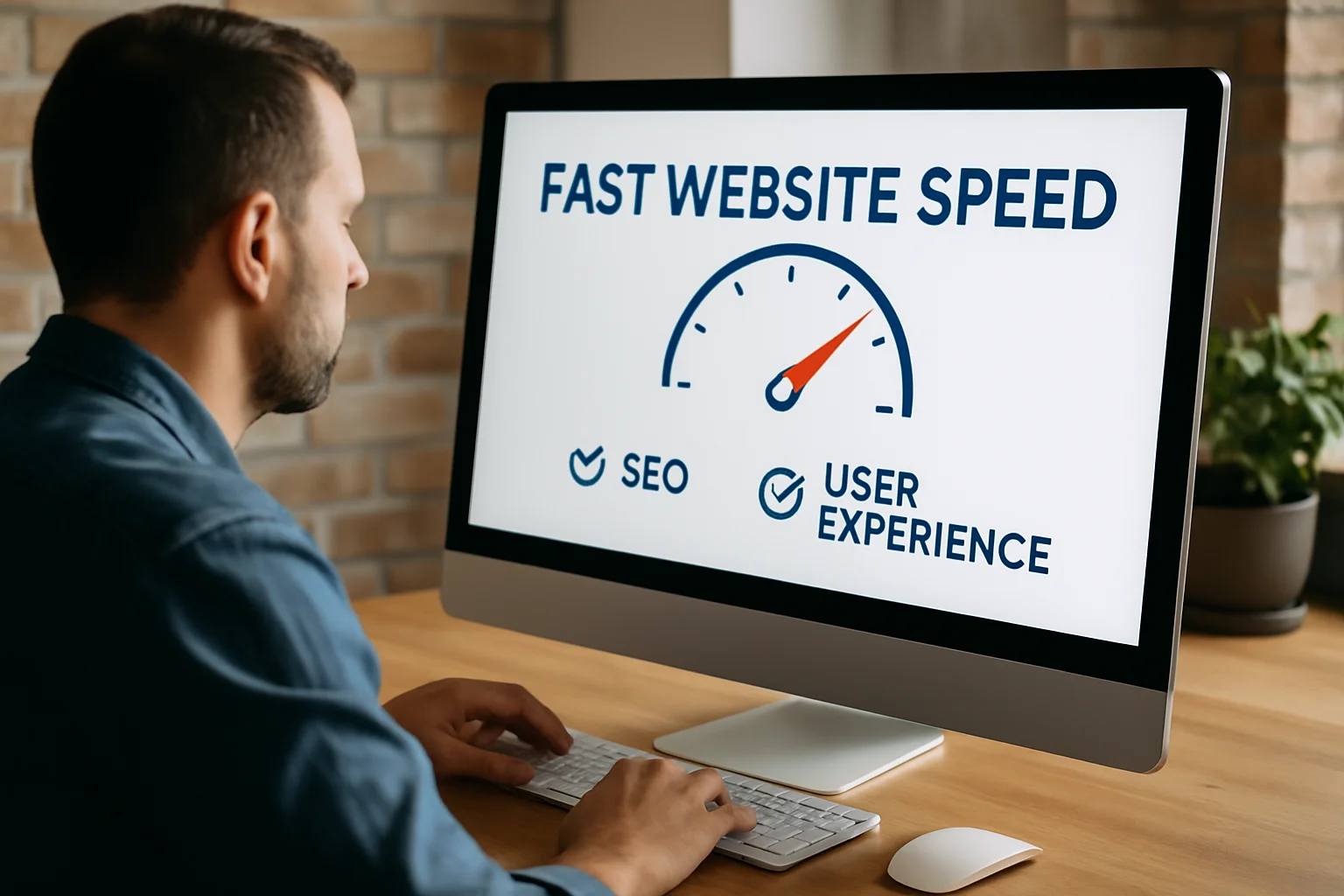
The Importance of Site Speed for SEO and User Experience
Site speed is a critical factor for both search engine rankings and user experience. Slow-loading pages frustrate visitors, increase bounce rates, and hurt conversions. This article explores why speed matters, how it affects SEO, and practical tips to make your website faster.
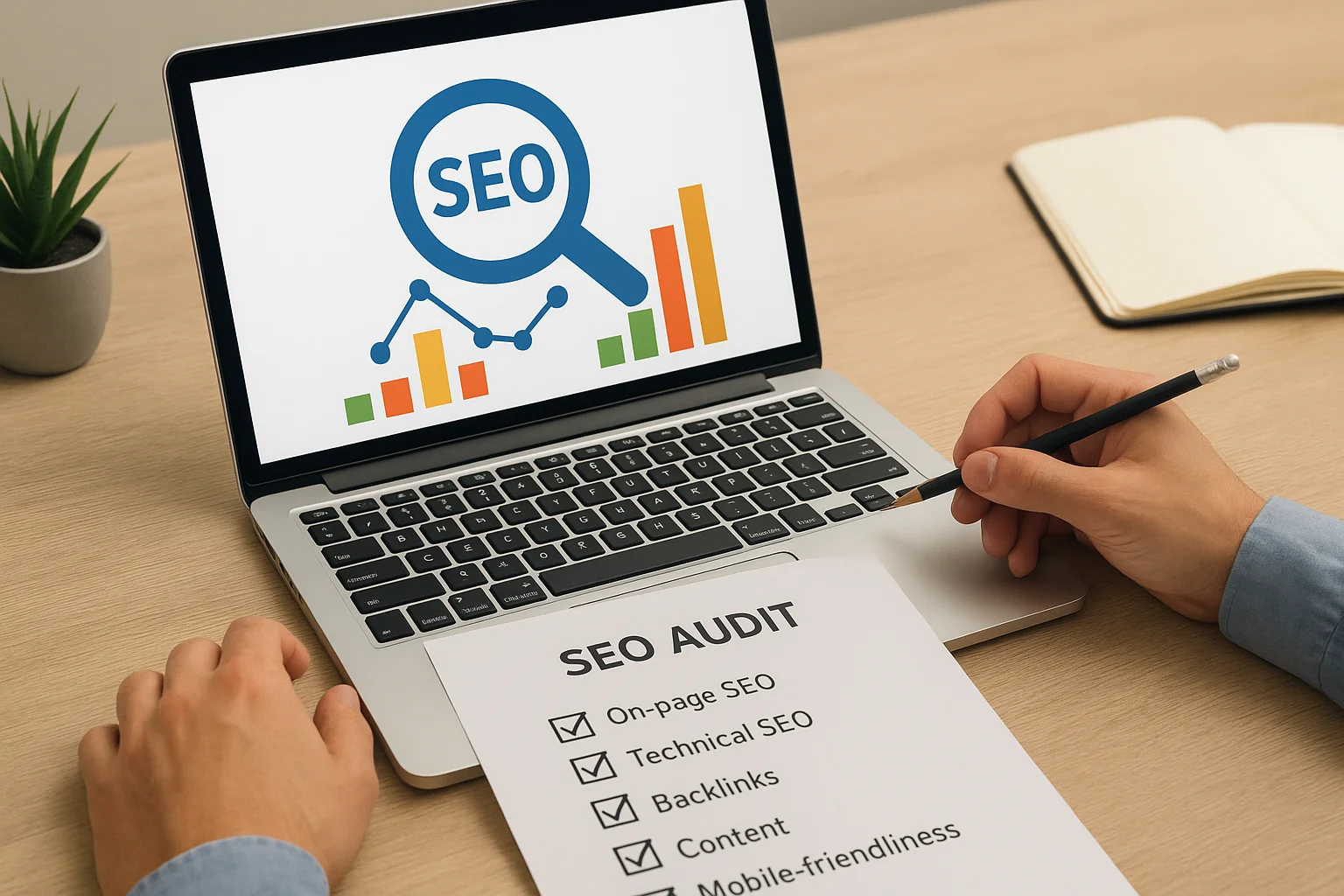
How to Perform a Simple SEO Audit for Your Website
Conducting an SEO audit doesn’t need to be complex. With a few simple steps, you can evaluate your site’s performance, uncover technical issues, optimize on-page elements, and strengthen your SEO strategy. This guide will walk you through the essential checks to ensure your website is both search engine and user-friendly.
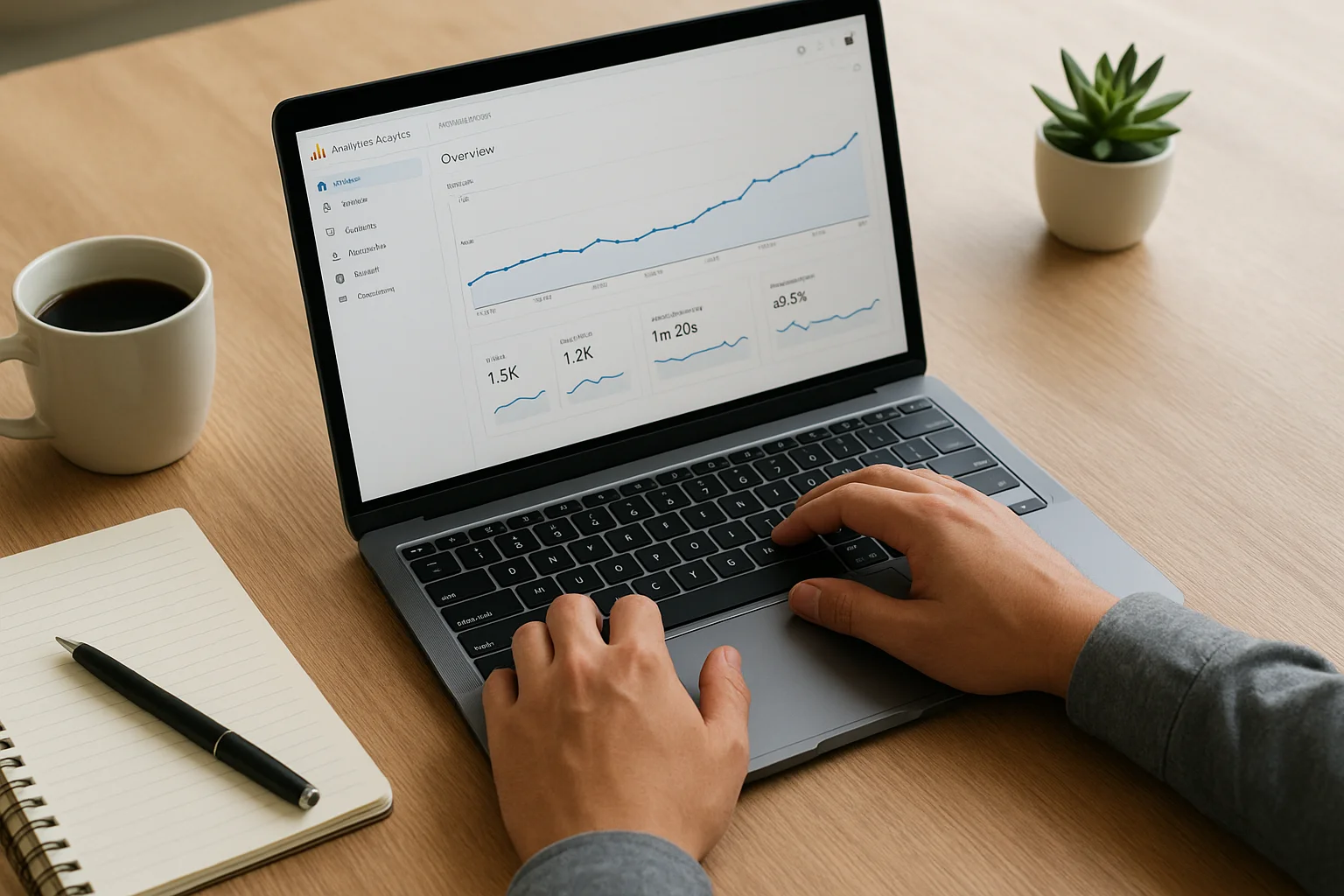
Using Google Analytics to Track SEO Performance
Google Analytics is a powerful tool to track and improve your SEO strategy. From monitoring organic traffic to analyzing user behavior and conversions, it provides insights to optimize your website and boost search engine performance. Learn the key metrics, reports, and tips to make data-driven SEO decisions.